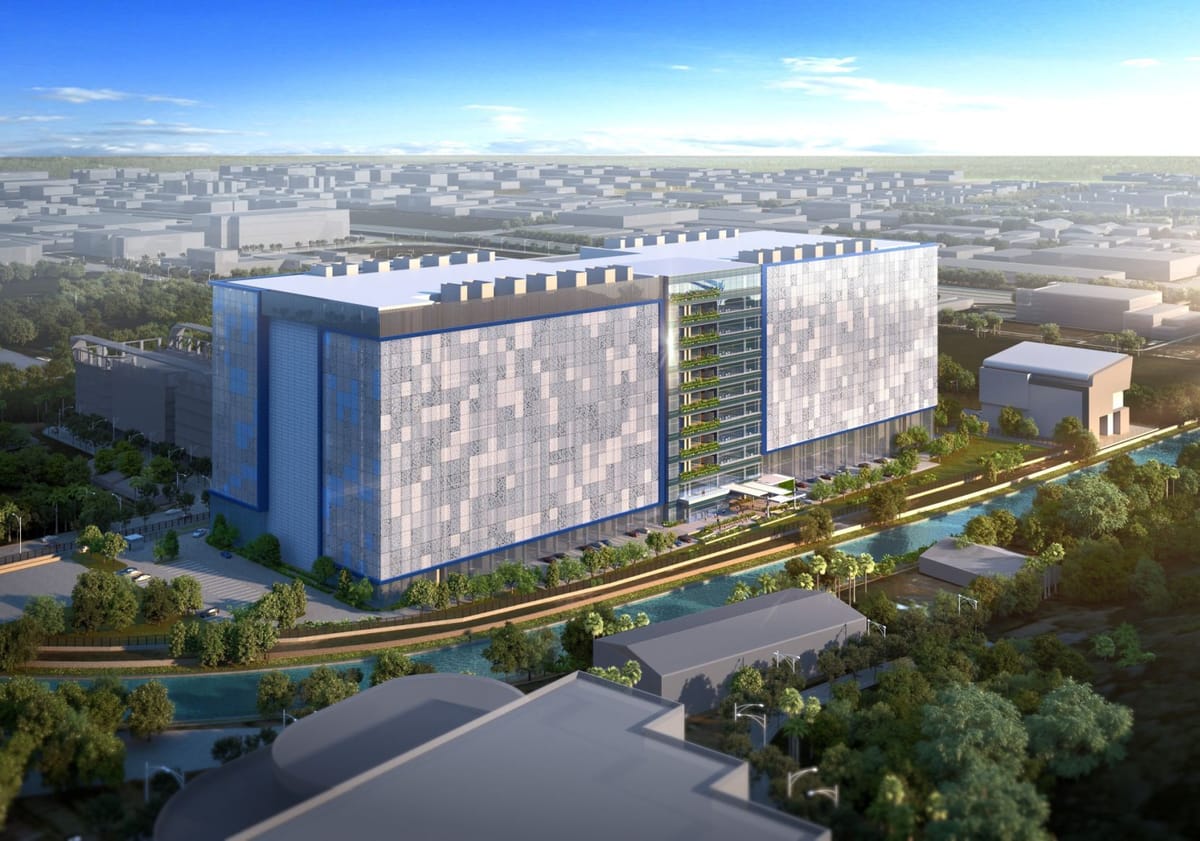Meta needs to do more to tackle scams on Facebook
The Singapore government is upset with Meta over scams. Here's why it's justified - and related to data centres.

The Singapore government is upset with Meta over scams. Here's why it's justified - and related to data centres.
In March, Minister of State for Home Affairs Sun Xueling levelled a rare accusation in parliament at a large, multinational corporation.
Scam marketplace
Meta, which owns Facebook, had consistently pushed back against government recommendations to put safeguards against scams in place, Ms Sun said.
And: "I urge Meta to step up, to do right by your users."
- Of around 10k e-commerce scams reported last year, almost half were on Facebook.
- It's the only platform that has not even started to implement recommended safety features.
- Facebook Marketplace ranked at 1 tick for safety; Amazon, Lazada, and Qoo10 got 4 ticks.
Poor track record
Facebook has an appalling track record for safety.
I've previously written about how Singapore is the scam capital of the world. And how the Singh family got scammed of their life savings of S$150K... from a Facebook ad for eggs (Read about it here).
Thing is, it's trivial for scammers to target Facebook ads based on age, net worth, or even "lookalike" profiles of previous victims - making it child's play to find the most vulnerable.

Of course, scams are a complex, industry-wide threat. Meta can't fix it alone.
But it has got to try harder. A lot harder.
The largest data centre in Singapore
In my view, there's an additional reason why the Singapore government to be upset.
In 2018, I received an invitation for a press briefing. I was initially hesitant but got convinced to go. "It's a huge announcement," I was told.
And it was.
Right before Singapore's 3-year data centre moratorium that started in 2019, Meta secured the right to build the largest data centre here.
- Meta's only data centre in Asia.
- Tallest data centre in Singapore (11 storeys).
- 150MW of power (Entire Singapore is ~917MW last year).
The next largest data centre would be Singtel's upcoming DC Tuas at 67MW, which is almost 2.5 times smaller.
In hindsight, it might have been a mistake to allocate so much of Singapore's limited data centre capacity to Meta.
To be clear, Meta's data centre is a marvel of engineering that operates with incredible efficiency. And I really liked what it's doing with the Open Compute Project and its Llama AI model.
But I'm doubtful if its data centre here moves the needle in terms of economic value, societal value, or enhancing the digital ecosystem for us.
For helping Meta make its billions in Asia, the least I'll expect is a concerted effort to tackle scams on its platforms here.
